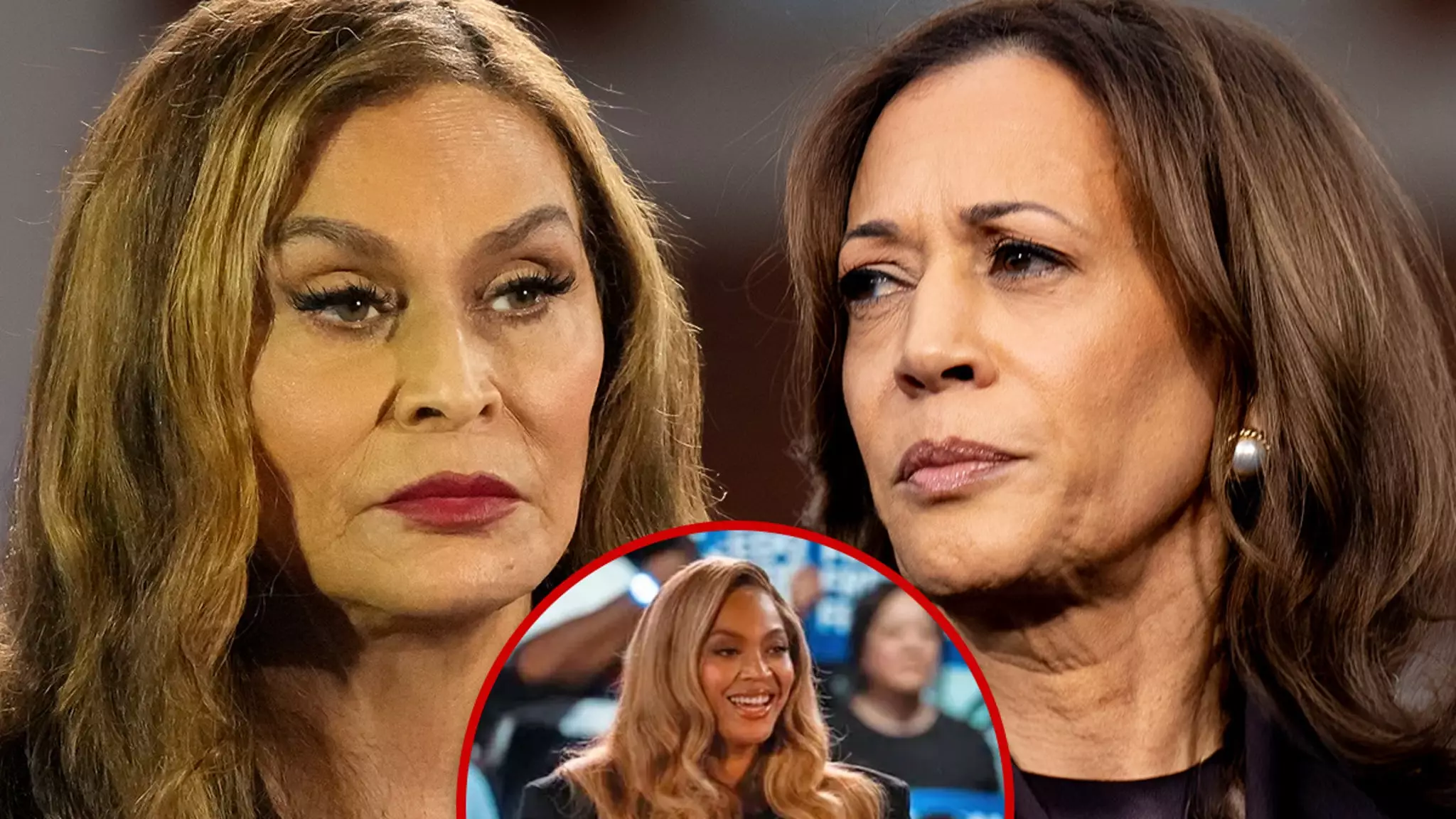In a landscape where social media can quickly distort reality, Beyoncé’s mother, Tina Knowles, has taken a firm stand against unfounded claims circulating about her daughter. Recently, Beyoncé was alleged to have received a staggering $10 million for her support of Vice President Kamala Harris during a rally in Houston. This sensational rumor, branded as false information by Knowles, underscores a broader issue: the propensity for misinformation to proliferate unchecked in today’s digital era. Tina Knowles’s response was not merely a defense of her daughter; it was a call for accountability regarding the integrity of the information disseminated across various platforms.
The rapid spread of false narratives on social media is a growing concern. What might have started as a rumor quickly escalated into a widely accepted ‘fact’ in certain circles, illustrating how easily misinformation can gain traction. Knowles’s pointed Instagram post addressed this issue directly, earning the title of “fake news” to the erroneous claims. The urgency in her message reflects a mounting frustration with the lack of integrity exhibited by several online platforms. As consumers of information, it becomes imperative that we question narratives that don’t align with verified facts, particularly when they involve individuals who have a significant cultural impact.
Tina Knowles highlighted that Beyoncé attended Harris’s rally without any financial compensation, even going so far as to cover her own travel expenses and logistics. This revelation is critical as it underscores the difference between being an artist engaged in social issues and one primarily motivated by financial gain. In fact, the notion that high-profile artists are only involved in political campaigns for monetary reasons diminishes their genuine passion and commitment to fostering societal change. It also risks overshadowing the altruistic motivations that drive many celebrities to lend their voices to pivotal moments in political history.
Echoing this sentiment, artist John Legend also chimed in, affirming that he and others like him appeared simply because they believe in the cause at hand, not for personal financial gain. His comments resonate deeply within artistic communities that often face scrutiny regarding their involvement in social and political conversations. The solidarity shown among these entertainers reinforces the idea that the arts are a powerful vehicle for change, motivating them to engage with critical issues, irrespective of the personal cost.
The backlash against misinformation not only protects the reputations of individual celebrities but also points toward a larger cultural critique of how we perceive celebrity endorsements in political contexts. As seen in the case of Oprah Winfrey, who also faced similar false accusations, the line between engagement for a worthy cause and financial exploitation is frequently blurred. In truth, many celebrities leverage their platforms to rally support around issues they believe in, reflecting a deep commitment to their communities and society as a whole.
Ultimately, the insistence of figures like Tina Knowles to correct the narrative serves as a reminder for all of us to remain vigilant about the information we consume and the validity of claims surrounding influential public figures. In an era heavy with dissenting opinions and fabricated stories, a commitment to truth is paramount, especially when it concerns issues of integrity and public trust.

